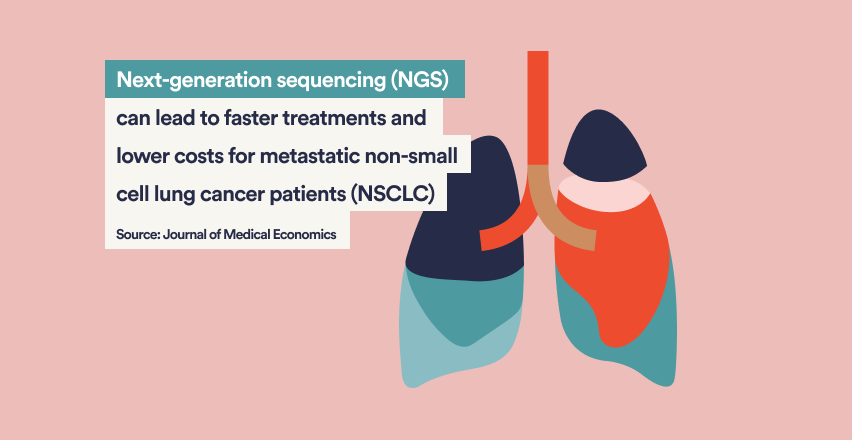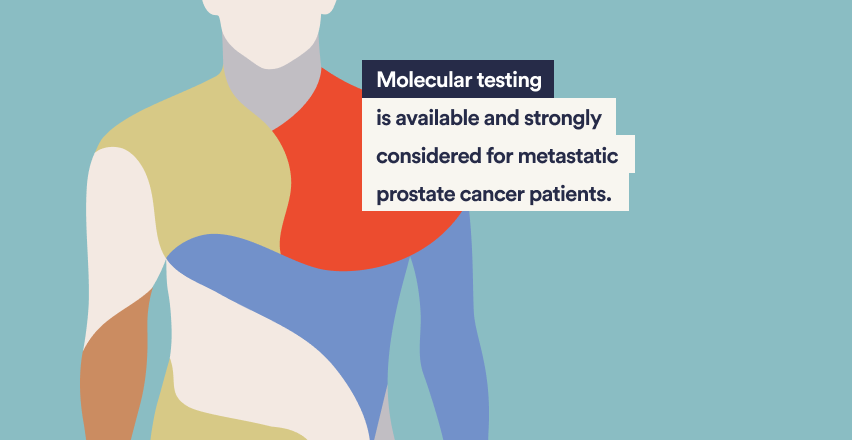Next-Generation Sequencing: Raleigh/Durham
A new wave of testing involving your molecular and genetic makeup is being used to guide treatment decisions. In this section of SurvivorNet, you’ll find cancer experts in the Raleigh-Durham area, breaking down the significance of this new testing technology. And how results from these tests can help your health care team find better treatment options for you.
SN Local - Explore expertise near you:
- Next-generation sequencing (NGS) gathers important molecular and genetic information from your tumor cells.
- It identifies mutations and alterations in cancer cells, which may help doctors determine the best course of treatment.
- This testing can also be used to assess if someone is at risk for an inherited cancer.
Why is Next-Generation Sequencing (NGS) Important?
- Next-generation sequencing (NGS) gathers important molecular and genetic information from your tumor cells.
- It identifies mutations and alterations in cancer cells, which may help doctors determine the best course of treatment.
- This testing can also be used to assess if someone is at risk for an inherited cancer.
- Next-generation sequencing (NGS) helps find important mutations that drive lung cancer.
- These are called “driver mutations,” and they’re mutations that may be targeted with specific therapies.

- Next-generation sequencing (NGS) is important in the work up of metastatic breast cancer to help determine the best treatment options.
- In all stages of breast cancer, genetic testing and testing for estrogen receptor (ER), progesterone receptor (PR), HER2 and Ki67 is also vital.

- Several mistakes in the DNA, such as BRCA mutations, may help fuel prostate tumor growth.
- Patients with all stages of prostate cancer should ask their doctor about genetic testing and a full NGS-panel. However, this testing is more commonly used in advanced disease and may not be needed in early forms of prostate cancer. before the cancer has spread to other organs.
Prostate Cancer
- Several mistakes in the DNA, such as BRCA mutations, may help fuel prostate tumor growth.
- Patients with all stages of prostate cancer should ask their doctor about genetic testing and a full NGS-panel. However, this testing is more commonly used in advanced disease and may not be needed in early forms of prostate cancer. before the cancer has spread to other organs.

- Next-generation sequencing (NGS) is important in metastatic colon cancer.
- In advanced disease, it can help identify best treatment options or clinical trial options.
- Genetic testing, particularly for Lynch syndrome, is important in all stages of colon cancer treatment.


Please confirm you are a US based health care provider:
Yes, I am a health care Provider No, I am not a health care providerSign Up Now.
Take Control of Your Disease Journey.
Sign up now for expert patient guides, personalized treatment options, and cutting-edge insights that can help you push for the best care plan.




